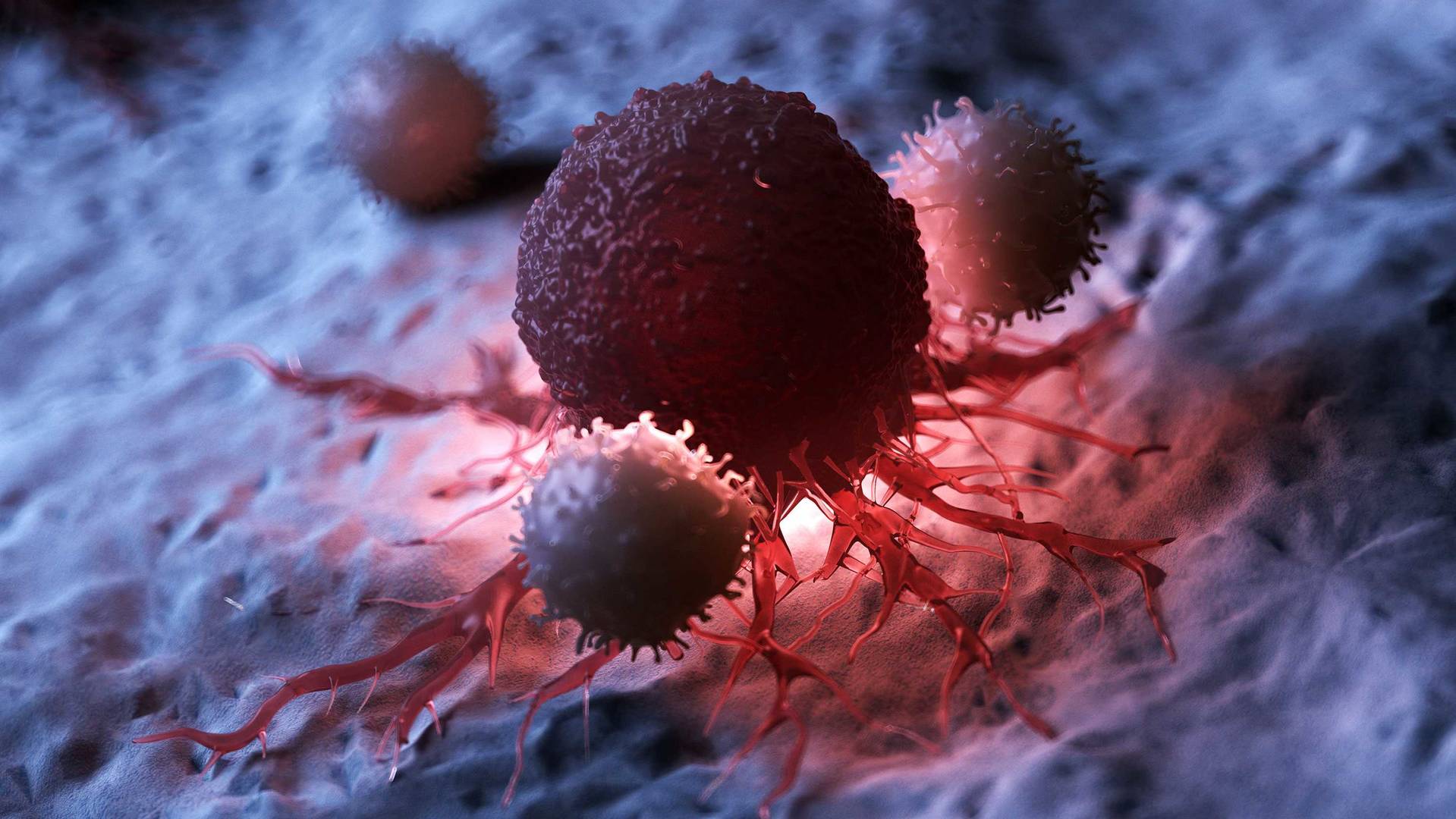Our antibody-drug conjugate services
With our deep expertise in all aspects of ADC development, we provide comprehensive support throughout the entire process, helping ensure the success of your therapeutic candidates:
- Target expression analysis: We analyse target expression levels in both tumour and normal tissues, enabling an understanding of tissue cross-reactivity.
- Impact of target levels and heterogeneity: We evaluate the impact of target expression levels and heterogeneity on ADC efficacy and selectivity.
- Target occupancy: Our platform allows us to assess target occupancy to determine the optimal dosing strategy.
- Drug-to-antibody ratio (DAR) and dose response correlations: We investigate the relationship between DAR, dose response and efficacy in vitro and ex vivo.
- Internalisation/degradation: We study the internalisation and degradation kinetics of ADCs to better understand their mechanisms of action.
- Cytotoxic activity: Our services include assessing the cytotoxic activity of ADCs in vitro and in vivo.
- Mode-of-action analysis: We elucidate the mode-of-action of ADCs, providing insights into their therapeutic potential.
- Enhanced permeability and retention (EPR) and bystander effect: We evaluate the impact of EPR and bystander effect, essential factors for effective ADC delivery and efficacy.
- Biomarker strategy: We assist in developing a biomarker strategy to identify patients who are most likely to respond to ADC treatment.
- Antigen expression level: We analyse antigen expression levels to optimise target selection and patient stratification.
- Toxophore sensitivity markers: We identify toxophore sensitivity markers to assess potential toxicities associated with ADC treatment.
- Indication profiling: We provide indication profiling to guide the selection of appropriate disease indications for ADC development.
- PK/PD assessment: We conduct PK/PD assessments to understand the pharmacokinetics and pharmacodynamics of ADCs.
By leveraging our extensive experience and state-of-the-art technologies, we can help advance your ADC development programs and enable their success.



